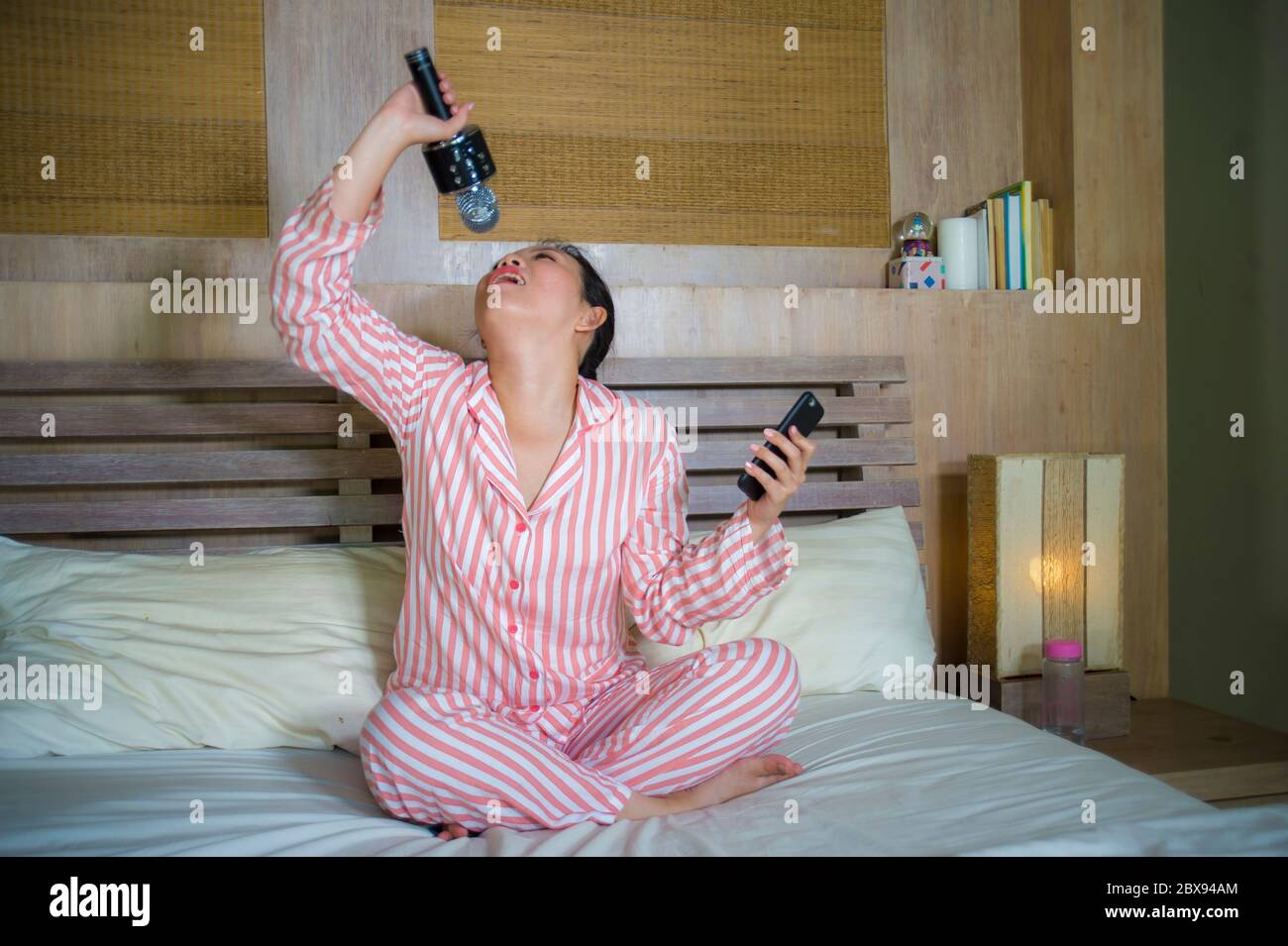

I knew it was trouble, but without a place to go, I accepted.” I saw I was 10 songs away and was offered a mega-highball. “The man quickly shoved the karaoke machine into my hands. “My response resulted in a chorus of ‘Ohhhh, nihongo jyouzudesune!’ (‘Your Japanese is great!’),” Stern recalls. On a cold November night, he found a new path to weekend revelry, and it led right to Chaniwa, a “15’ x 15’ shoebox of a venue with about 10 or so people squeezed in already.” Stern remembers being asked his name by a man many years his senior and many inches shorter than him. “I’d gotten pretty used to, and jaded by, my 80-hour work week - and the izakaya-to-karaoke-box-to-clubbing-to-ramen-spot rinse-and-repeat routine.” In his words, it was becoming a “death cycle” not unlike his life in Brooklyn. He says his first season in Tokyo had him questioning why he left New York in the first place. Stern, who is half Japanese, literally stands out in Tokyo at 6’1”. But that is also life!”įinding a new home in a 15’x15’ karaoke denĬhaniwa is also the karaoke snack where Ren Stern, a 28-year-old associate at a venture capital firm, began to feel like a true Tokyoite after moving from New York. “Sometimes you can see that the singer has had an interesting experience, and sometimes they don’t seem so good. I see many people’s lives at once during karaoke,” Yakushiji says. “The song that’s being sung is indicative of the way the singer drinks and speaks about their life. "You’ll find young, rambunctious crowds commingling with cigarette-smoking, gray-haired aunts and uncles who look like they haven’t left their song chair in years." Within these snacks - often unassuming and difficult to find - you’ll see people lay themselves bare at the mic. In a country where sports bars and dives primarily cater to foreigners and tourists, snacks - more than boxes, which are private and all relatively similar - allow locals from multiple ages and social strata to come together. To him, “karaoke is a way to learn about life.”

Pre-pandemic, some of his favorite karaoke snacks across the city were Joy in the Nakameguro neighborhood, Chaniwa in Sangenjaya, and the now-closed Micky in hip Ebisu. Kai Yakushiji, a 29-year-old sales planner at Spotify Japan, was introduced to karaoke by his grandmother when he was a kid. Hopefully, we can return sooner than later. I talked to Tokyo locals about what karaoke means to them, their favorite memories from behind the mic, and the places that typified what it meant to live and sing in Tokyo, pre-pandemic. In an era of social distancing, there’s still a long way to go before friends openly gather to blow off steam with karaoke.īut karaoke can help us heal, even while we hit pause. But even though people in cities like Tokyo have the option to visit their favorite karaoke box or snack bar again, keeping the lights on seems mostly symbolic. In a world where karaoke bars have gone silent, Japan’s reopened in May. It is embraced by tech-savvy hipsters and buttoned-up businessmen alike, as at home in the twisting alleys of Shinjuku as the subterranean subway izakaya.īut this year is… different. In manga kissas - private rooms where friends pull manga off the stacks while snacking and drinking - karaoke is the neverending soundtrack. It’s a major draw at sunakku (snack bars), where strangers learn one another’s names through the magic of the karaoke machine. It’s alive in the hundreds of thousands of private-room karaoke boxes, where glowing tambourines and mics fuel seemingly endless nights (the nomihōdai, or “all-you-can-drink” option, also helps). In Japan, karaoke is a way of life embedded in the cultural fabric. Then, as now, it was a social balm and an excuse for revelry in good times and bad. When Kobe-based musician Daisuke Inoue debuted the first karaoke machine in Japan back in the ‘70s, it became an enduring national pastime, a collective release during an oppressively bleak financial crisis.


 0 kommentar(er)
0 kommentar(er)
